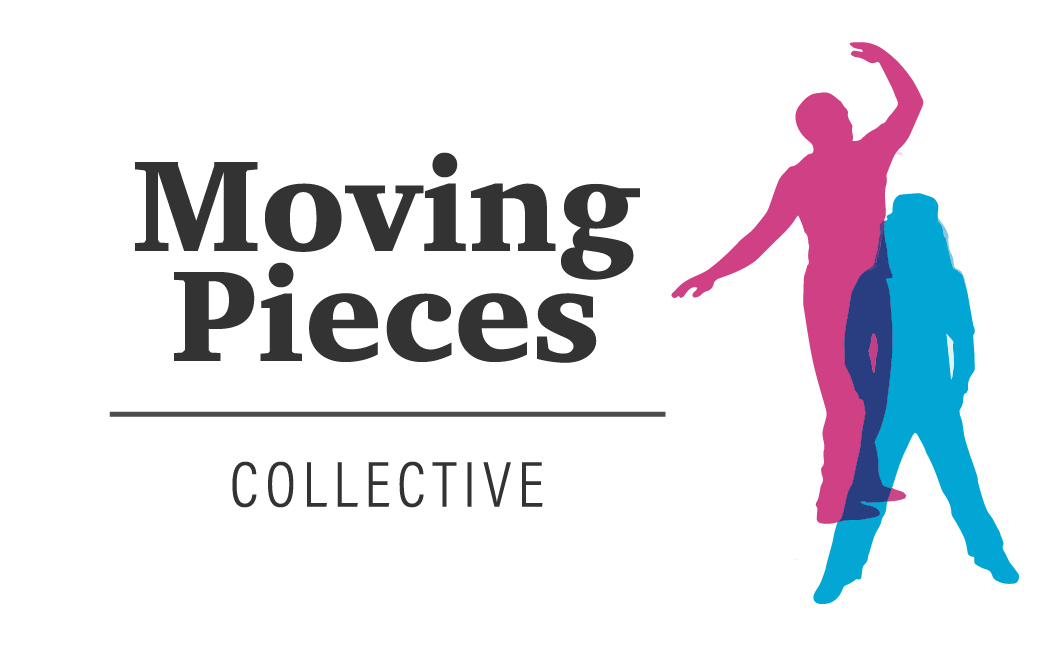Secondary trauma - the impact of Covid-19
These are unprecedented times. How many times have you heard that recently? But it’s true. And because we have never been in this situation before, have never faced a Covid-19 pandemic before, we don’t know how to react to it. That means that many of us are experiencing pressure, fear, exhaustion, isolation and ongoing emotional trauma.
The situation is exacerbated for those working on the frontline or as key workers. Mental health professionals and their clients need support.
It’s ok to be struggling. Appreciate that reactions, such as stress, anxiety, and grief, are entirely natural responses to the increased and ongoing stressors you are encountering. And that your clients will also be struggling. As such, they will bring their worries to you, and you might find it harder than usual to disconnect, as you will be experiencing many of the similar things. You’ll also be supportive and caring – which can result in compassion fatigue. The psychological impact of prolonged exposure to stressful conditions could be profound. Secondary trauma is the cumulative effect of trauma that the story of someone has on the helping listener exposed to it.
Signs of secondary traumatic stress can manifest as psychological and emotional, physical, cognitive or behavioural. They might not make it to the therapy or treatment room, but they can still impact the work. A reflective practice helps to ensure that client service is of the highest quality, and any issues are addressed with the input of a third party.
But crucially, it’s also an essential part of self care, and helps prevent burnout. It allows you to acknowledge your trauma, process it and engage with the support you need to manage it in the short term and over time. It not only makes you better at your job – it helps you as a person.
Moving Pieces are offering individual consultations and supervision for mental health professionals who may be experiencing secondary trauma.
Individual consultations and supervision sessions are opportunities to explore strategies that may be particularly helpful in responding to the current crisis; consider embodied and creative practice in order to deepen understanding of the therapeutic process; learn effective self- care strategies particularly when working with high levels of emotional distress; and explore linking a range of theory with practice.
For more information contact charlieblowers@movingpieces.co.uk

